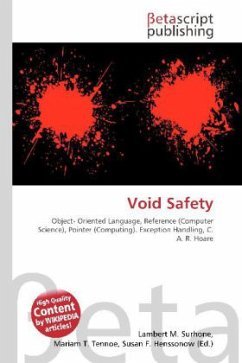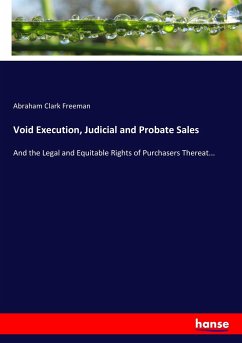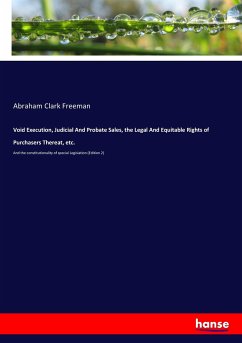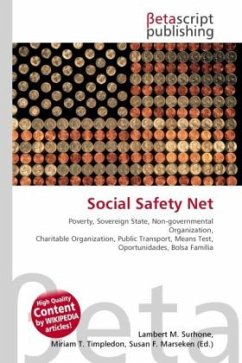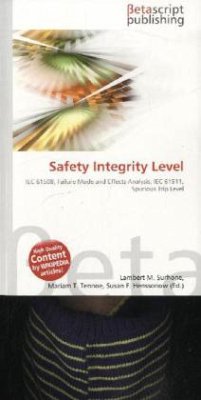Please note that the content of this book primarily consists of articles available from Wikipedia or other free sources online. In object-oriented languages, access to objects is often achieved through references (or, equivalently, pointers). The typical call is of the form where f denotes an operation and x a reference to an object. At execution time, however, a reference can be "void", or "null"; then the above call will be a "void call", leading to a run-time Exception handling, often resulting in a crash. Void safety is a static (compile-time) guarantee that no void calls will ever arise. In a 2009 talk , Tony Hoare traced the invention of the null pointer to his design of the Algol W language (although the Lisp language had the NIL value as early as 1959) and called it his "billion-dollar mistake". Reference introduced the term "void safety".
Bitte wählen Sie Ihr Anliegen aus.
Rechnungen
Retourenschein anfordern
Bestellstatus
Storno

